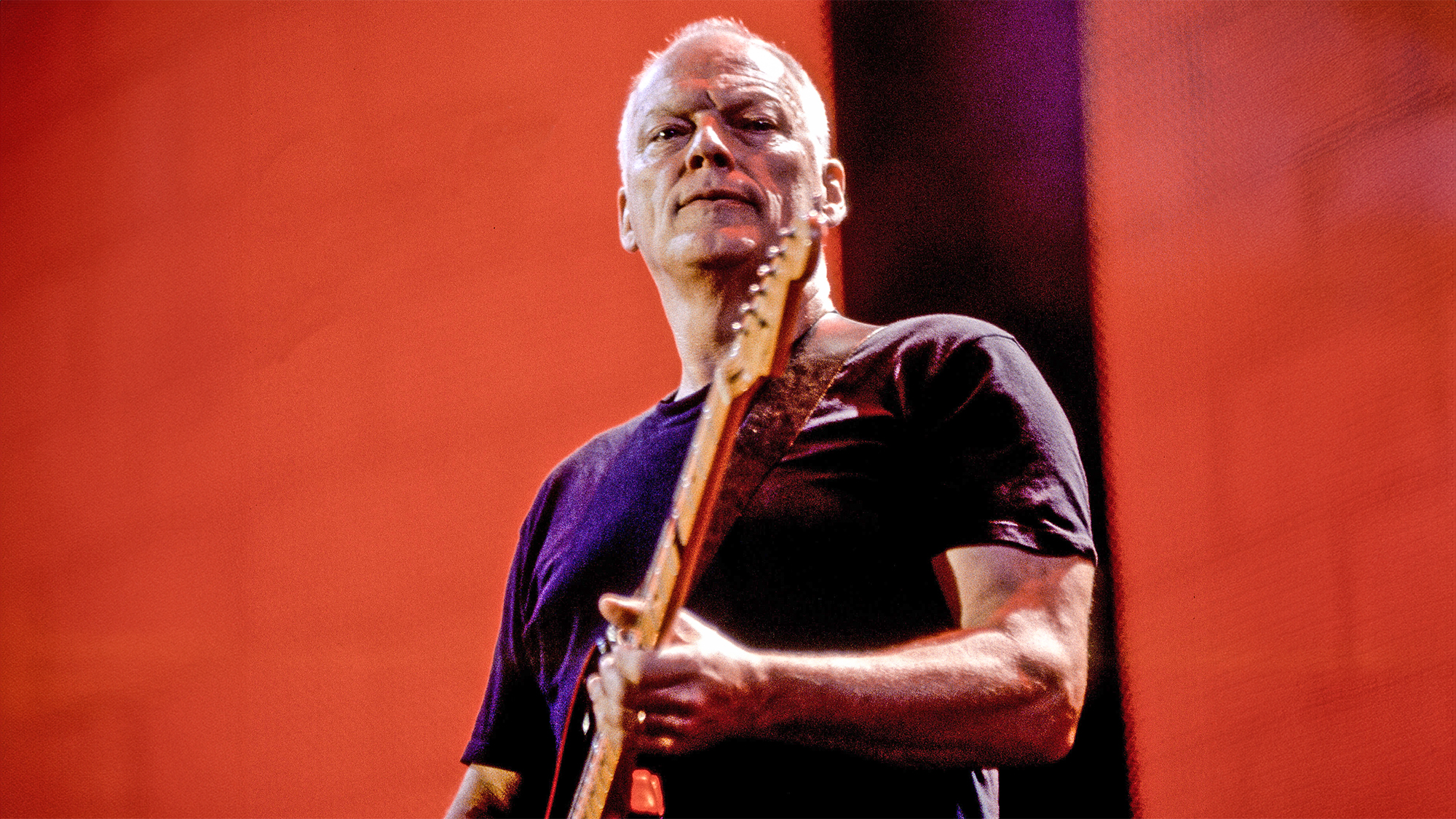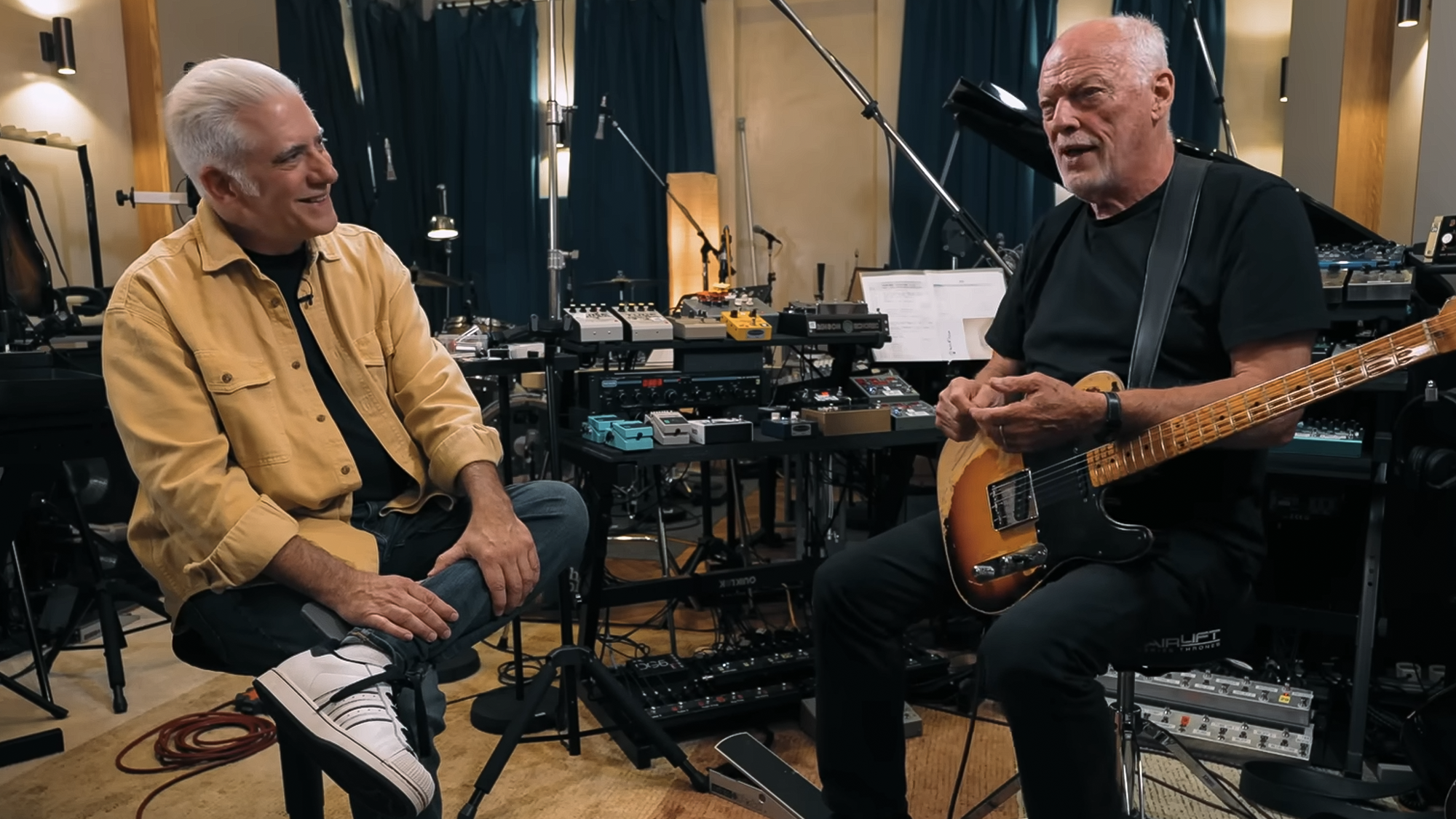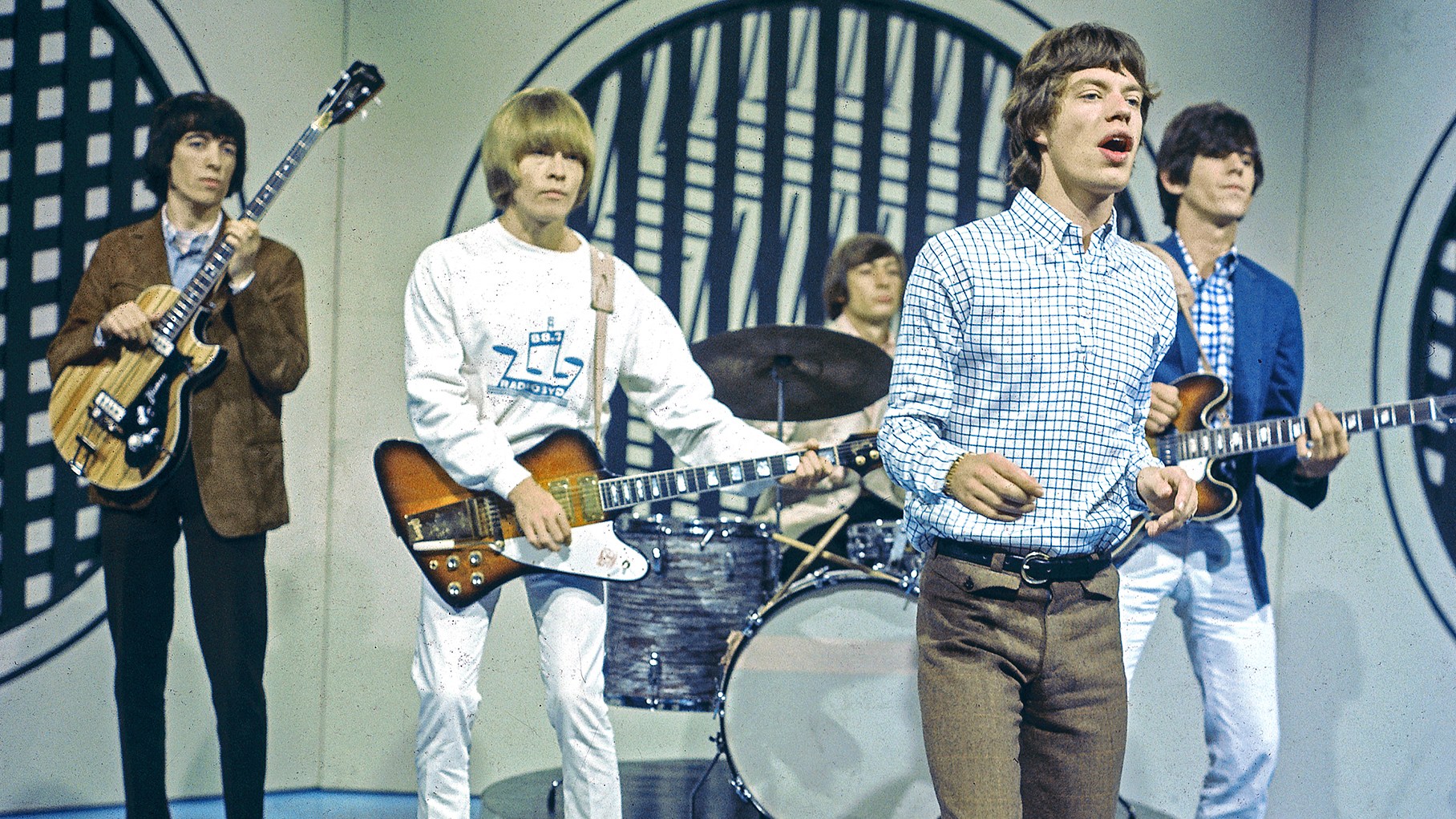“There are 100 different ways.” David Gilmour reveals his methods for writing iconic guitar solos — and explains why one approach doesn’t work
Gilmour says he’s come up with his solos through singing, splicing and following inspiration, which offers a lesson for every guitar player

All the latest guitar news, interviews, lessons, reviews, deals and more, direct to your inbox!
You are now subscribed
Your newsletter sign-up was successful
When it comes to ranking the greatest guitar solos ever written, David Gilmour is a player on most people’s lips. It could be argued that his greatness comes from a lack of uniformity in his approach to each cut.
By his own admission, the prog-rock guitar hero can’t shred like Jimi Hendrix and Yngwie Malmsteen. Speed, he once told Rick Beato, has never been something he could master. That, in turn, forced him to reassess his playing style and ultimately took him down a more melodic approach favored by his guitar hero Hank Marvin.
But when it comes to writing lead guitar lines, he tells the Broken Record Podcast he has no fixed way of doing it.
“That's just how I am,” he says (via Ultimate Guitar). “Some of the solos in the studios are pretty much one-take things that you just have to find the right moment and play. Some of them are put together in all sorts of different ways. Sometimes, you find good bits on different [recorded] takes and join them all together.”
He’s also leaned heavily into his lyrical phrasing, using rather literal ideas to ignite ideas.
“Sometimes I get the microphone, and I sing,” Gilmour continues, “because your voice can leap in leaps that are unusual; you might not quite get to on the guitar. There are 100 different ways, and I still haven't quite worked out one proper way of getting to that.
“But once they're done and they've embedded themselves in your brain, it's then a joy to play them live and to be able to depart from them knowing that you can find your way back into something that is both new but familiar at the same time.”
All the latest guitar news, interviews, lessons, reviews, deals and more, direct to your inbox!

Speaking to Guitar Player in 2003, the guitarist also explained how a sensitivity to Syd Barrett's legacy in the group influenced his playing early on as he learned to let his own voice shine.
“I was trying to play some of Syd Barrett's parts, yet adapt them to my own style and taste,” he explained. “The framework I was working in was already set, and it included a style of guitar playing that was already a part of it. It took a while for me to allow myself to stray from what I thought I should be doing.”
He added that he regularly goes back to his blues and folk roots for answers, admitting that “elements of blues phraseology run pretty deep in my playing.”
Interestingly, Gilmour raised eyebrows earlier this year when he said that he can't play one of Pink Floyd's most iconic solos, having taken a different approach to his live performances over the last 46 years. Meanwhile, he has explained what exactly happened to cause his Animals solo to be wiped from existence.

In that, there's a lesson in the magic of improvised solos, where the player is living in the moment and feeling each note as opposed to executing something they had spent hours upon hours perfecting before they'd stepped foot into the studio.
“You never quite feel 100 percent satisfied,” he said of his inability to capture the deleted solos' spontaneity. “Although every note has been learned and rehearsed and played, you think, Oh, there's something about the feel that had before that is gone forever.” One more, he was forced to change his approach.
In related news, Rick Beato has shared with Guitar Player what he learned by sitting just inches from him during their interview.
A freelance writer with a penchant for music that gets weird, Phil is a regular contributor to Prog, Guitar World, and Total Guitar magazines and is especially keen on shining a light on unknown artists. Outside of the journalism realm, you can find him writing angular riffs in progressive metal band, Prognosis, in which he slings an 8-string Strandberg Boden Original, churning that low string through a variety of tunings. He's also a published author and is currently penning his debut novel which chucks fantasy, mythology and humanity into a great big melting pot.

